Voices of the Grain Trade
Our volunteer interview teams in Thunder Bay and Winnipeg did their best to collect voices reflecting all major facets of Canada's international grain trade. As a result, you will find interviews with farmers, researchers, plant breeders, company owners, and railway employees blended in with the stories of grain handlers, inspectors, lake shippers, regulators, builders, marketers, and many more. Our voices are spread from Quebec City to Victoria, with the highest concentrations being from Thunder Bay and Winnipeg.
Through Library and Archives Canada's Documentary Heritage Communities Program, Friends of Grain Elevators has now been able to transcribe and upload all Voices interviews to this website and to Lakehead University's archives. If you have any questions or comments about the collection, please contact us with your thoughts!
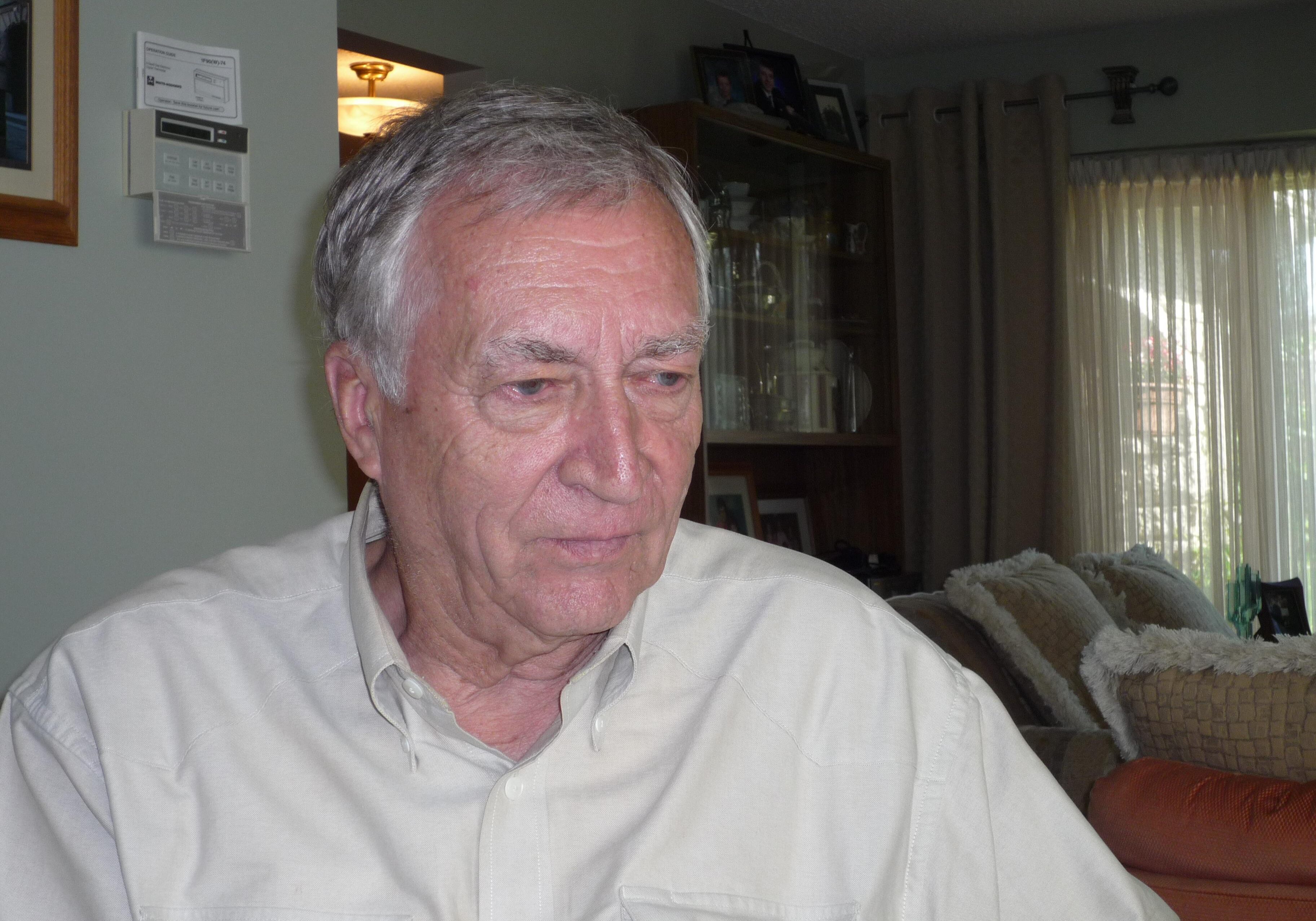
Charlie Mayer
Farmer, Member of Parliament
Charlie Mayer worked for the Canadian Government as Minister Responsible for the Canadian Wheat Board and Minister of Agriculture. Charlie has a deep connection to western Canadian agriculture, having grown up on a family farm, and he tells stories of grain issues from his father's era - like the establishment of the Canadian Grain Commission. During his government terms, Charlie was critical of the government's heavy involvement in private industry. Throughout the interview, he shares his perspective on collectivist versus free-market systems, the isolation of rural communities on the Prairies, and the negative aspects of monopolies like the Canadian Wheat Board. Charlie praises the resiliency of Canadian farmers through major changes, and he highlights the often under-appreciated work of women on the farms.
Snippet
Full Interview
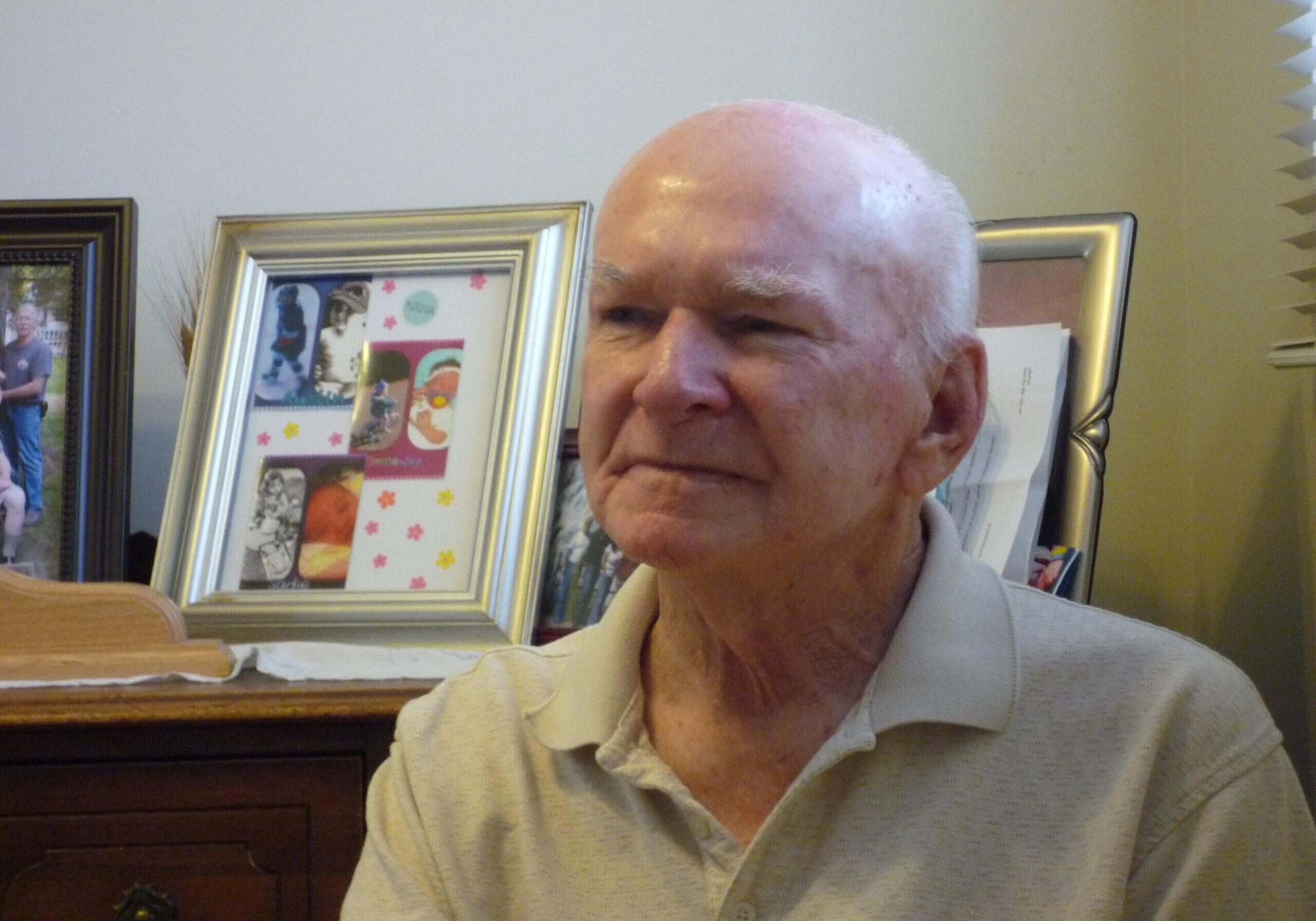
Patrick McCart
Grain Coordinator: Canadian Pacific Railway
Patrick McCart worked for the Canadian Pacific Railway for a total of 37 years, 17 of which were directly involved with the movement of grain within the city. Pat started out in the CPR office, working his way up through the office ranks before switching to the operational side as a yardmaster. When the Canadian Wheat Board introduced their new policy of grain pooling, Pat became the grain coordinator in charge of distributing railcars to elevators across the waterfront. He describes the challenges of this role and the importance of maintaining good relationships with all players in the industry, from the elevator workers to the new Grain Transportation Agency to the farmers. Pat saw both the boom years of the grain industry and the beginning of its decline, and he comments on the contemporary removal of grain pooling and what it means for the railways.
Snippet
Full Interview
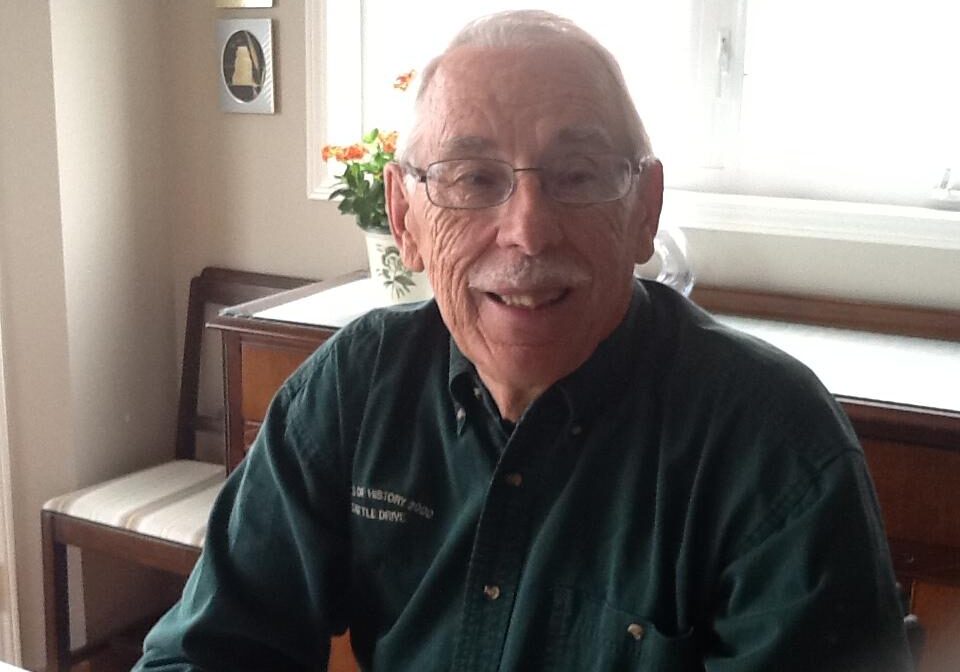
Glen McGlaughlin
Executive Director: Saskatchewan Wheat Pool
Glen McGlaughlin worked for the Farm Credit Corporation for 8 years before starting at Saskatchewan Wheat Pool in 1973, where he worked for 22 years until becoming the Executive Director of Policy and Member Services. Glen discusses many of SWP’s policies, Otto Lang’s LIFT program, and changes in the Canadian Wheat Board. He discusses national politics within the grain trade and the role of many different organizations. He also discusses the major changes to the wheat pools: construction, consolidation, and closing.
Snippet
Full Interview
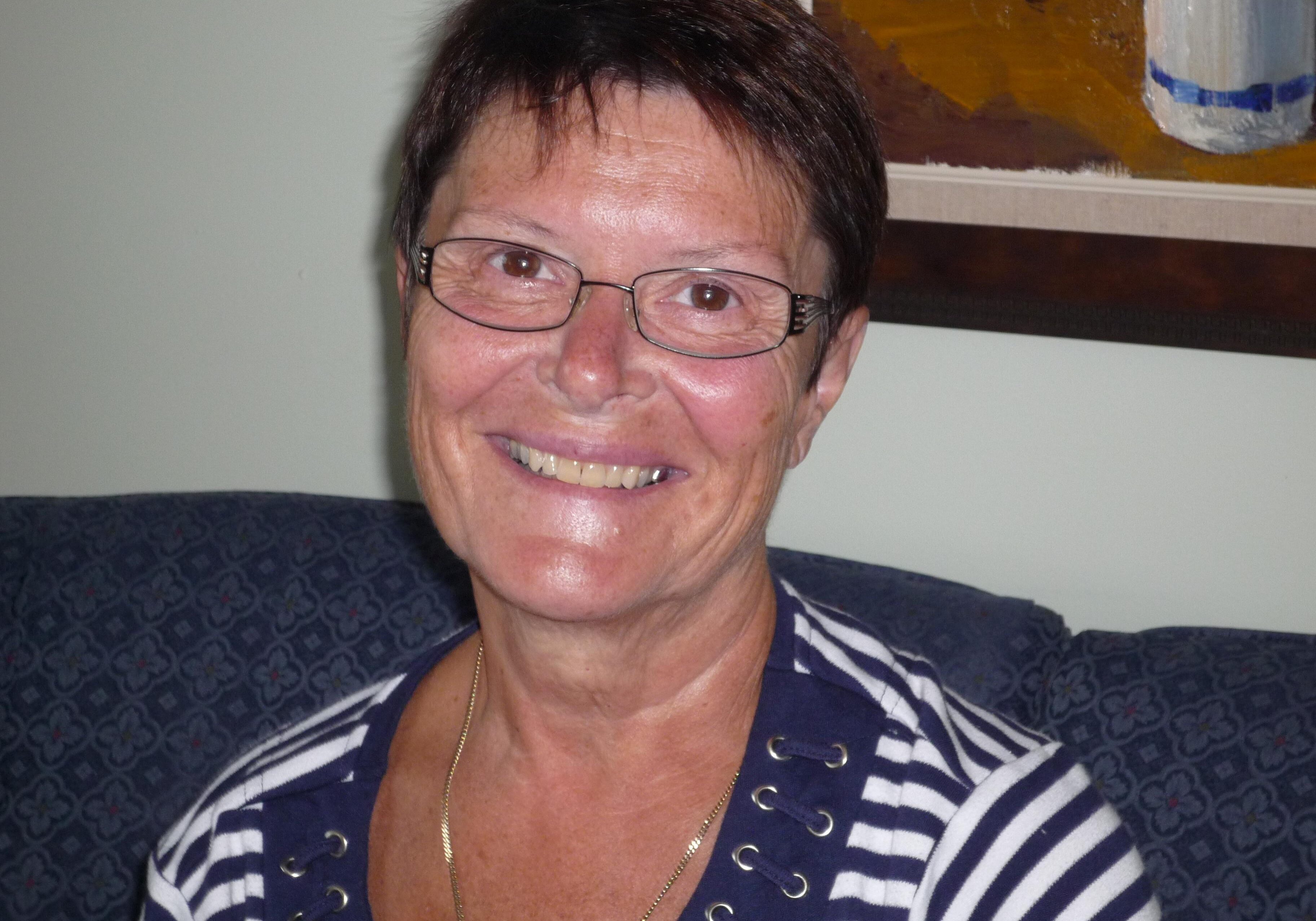
Patricia McGonigal
By-Law Enforcement Officer: City of Thunder Bay
Patricia McGonigal worked as a by-law enforcement officer for the City of Thunder Bay. Her father also worked as a grain inspector. A big part of Patricia’s work involved attempting to get the grain companies to clean up derelict elevators - or enforcing minor by-laws in regards to them, such as boarding up the entrances. Patricia remarks upon how hard it was to get the elevator companies to actually comply with these laws, and describes how whether they could be forced to or not became a political decision. She also explains how dangerous it could be to step into an old elevator - something that she often decided not to do, as the firefighters with her wouldn’t go in either.
Snippet
Full Interview

Donald McKay
Locomotive Mechanic: Canadian National Railway
Donald McKay worked as a locomotive mechanic repairing the steam and diesel locomotives that drove Canadian National Railway trains—many of which were grain trains from the Prairies. Donald tracks the path of his career from Neebing to Winnipeg to Sioux Lookout and back again to the Neebing roundhouse, where he describes the usual work done on locomotives and the typical problems that could occur. Donald worked through the major shift from steam to diesel locomotives, and he shares how his responsibilities changed with this and other technological advancements.
Snippet
Full Interview
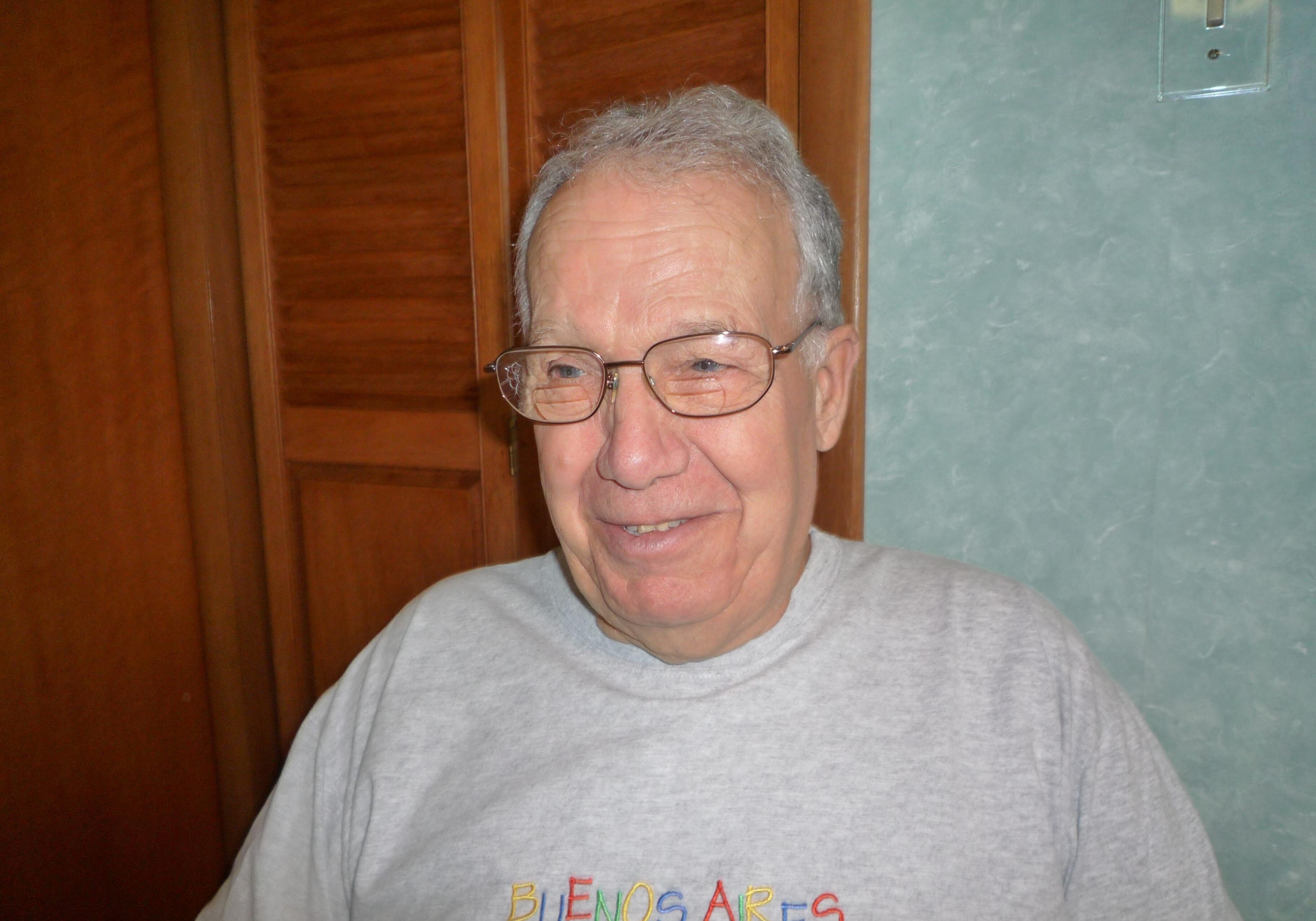
Tom McKinnon
Grain Trimmer, President
Tom McKinnon worked as a grain trimmer, following in his father, grandfather, and grandfather-in-law's steps. He was born in 1933 and worked an extremely long career of 52 years. He discusses the grain industry in the 50s and which companies were large in that era. His job was essentially to make sure that the grain was correctly loaded into the ship, so as not to flip it over. Tom also speaks to the dangers of the ship - the potential of explosions, the exposure to grain dust, etc. His knowledge grew steadily to the point that he was given the position of president within the company. Mr. McKinnon is very enthusiastic about his enjoyment of the job, and still wishes he was working.
Snippet
Full Interview

Doug McMillian
Sailor, Union Officer: Seafarers International Union
Doug McMillian gained a groundwork of shipping knowledge in the beginning of his career on boats, before starting a 30 year career in the Seafarers International Union. He discusses ship life in the early career, and how strict the ships were. Since the ships had a large pool of workers to draw from, the workers would have to wait at the union hall for long hours to get employed. They could never drink on the ship, and they had to pay so much in union dues that it took 3 months of ship work to pay them off. During his career, Doug bounced around to different cities such as Toronto, Montreal, and Thunder Bay. Doug’s understanding of the changes that have occurred in the grain trade run deeper than most; he discusses automation, changing markets, changing routes, and changing union membership.
Snippet
Full Interview
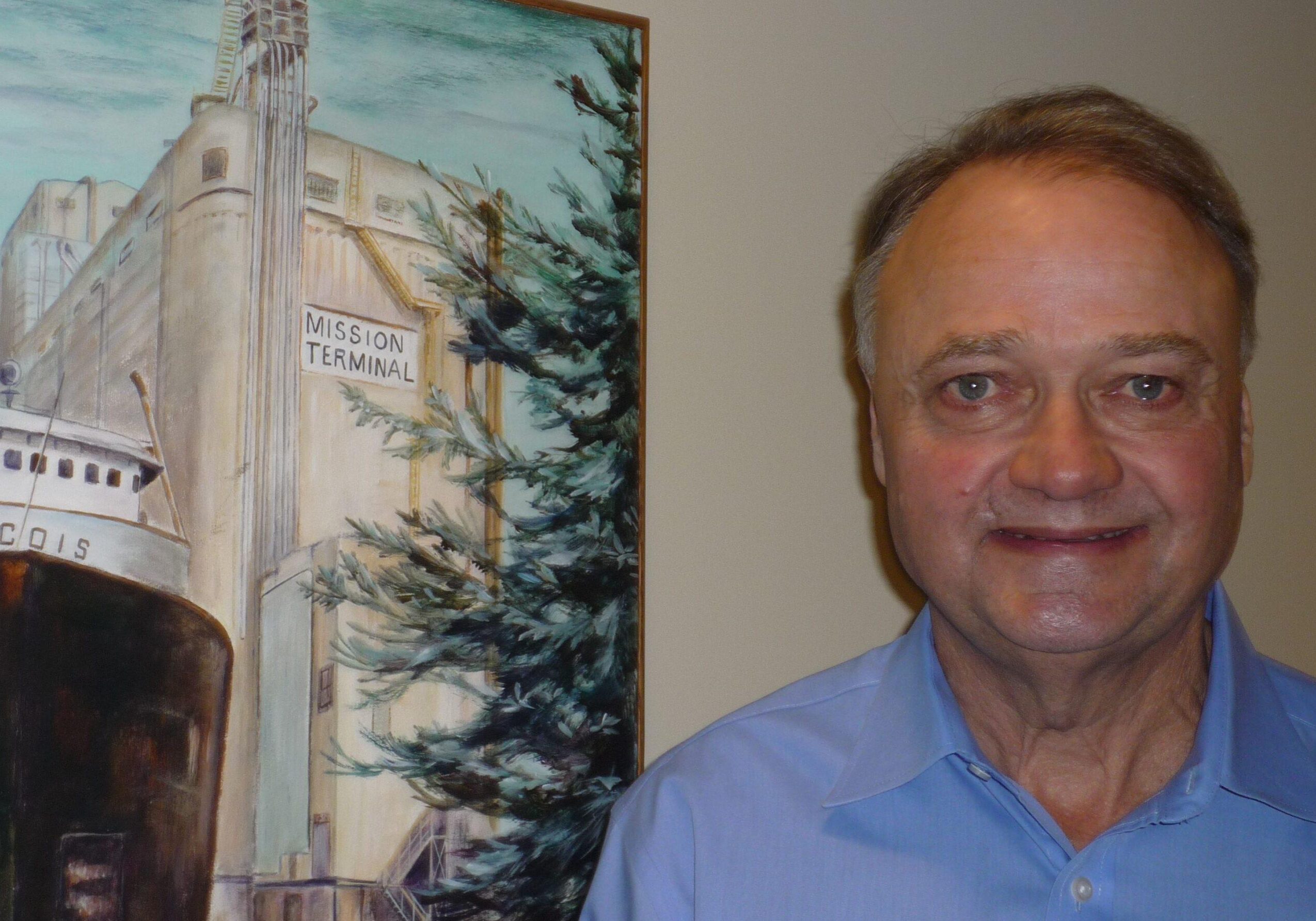
Adrian Measner
CEO: Canadian Wheat Board, Soumat Inc.
Before becoming CEO of the Canadian Wheat Board, Adrian Measner worked in the newly-created weather and crops surveillance department. In this department, Adrian and his team tracked global weather trends to make predictions about global crop supplies and where Canada's grain might be needed. Adrian moved into logistics and marketing before becoming CEO of the CWB, where he took on extra political responsibilities. With his knowledge of the full Canadian grain handling system, Adrian moved to Soumat Inc. as CEO, a company that oversees grain movement and owns handling infrastructure from the Prairies to the ports. Adrian has the interesting experience of working for both government and private industry organizations, and he offers his insightful perspective on the future of the Canadian grain industry.
Snippet
Full Interview
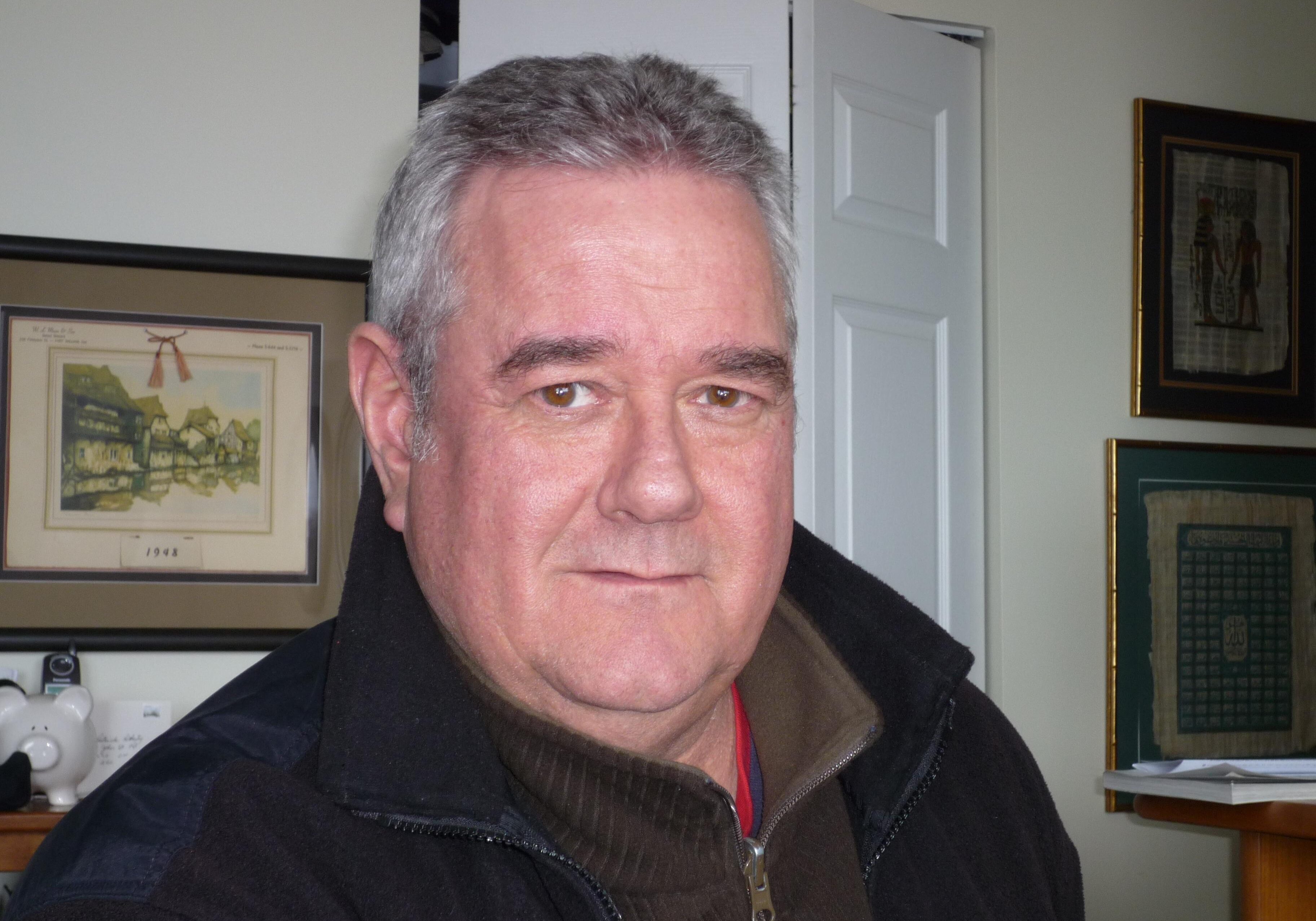
Roderick Medwick
Car Checker, Yardman, Superintendent: Canadian National Railway, Canadian Pacific Railway, Cando Rail
Roderick Medwick has worked as a car checker for CN, a yardman for the CPR, and currently works as a superintendent for Cando Rail. He discusses the importance of his job as a car checker - to ensure that cars aren’t overloaded, and to keep track of the cars so that the company was aware of what stock they had in order to build trains. Roderick brings up the changes that he witnessed in the industry and at home, such as safety changes, staffing changes, and the construction of the Prince Rupert. He gives a detailed recount of the rail industry and the challenges he faced working there.
Snippet
Full Interview

Antonio Menei
Foreman: Manitoba Pool Elevators
Antonio Menei immigrated to Canada from Italy and followed a path many other immigrants took in Thunder Bay: joining the grain elevators. Antonio started in the car shed, first doing the hard manual labour of shovelling boxcars, and later operating the boxcar dumper when technology improved. With a background in construction, Antonio decided to join the elevator millwright team and worked on repairs to elevator equipment during busy and slow seasons. He moved up to becoming a foreman of the car shed, now in charge of coordinating the railcar unloading operation. Antonio's interview exemplifies the life of immigrant workers in the elevators, and the close-knit community forged through shared experiences in a new country.
Snippet
Full Interview
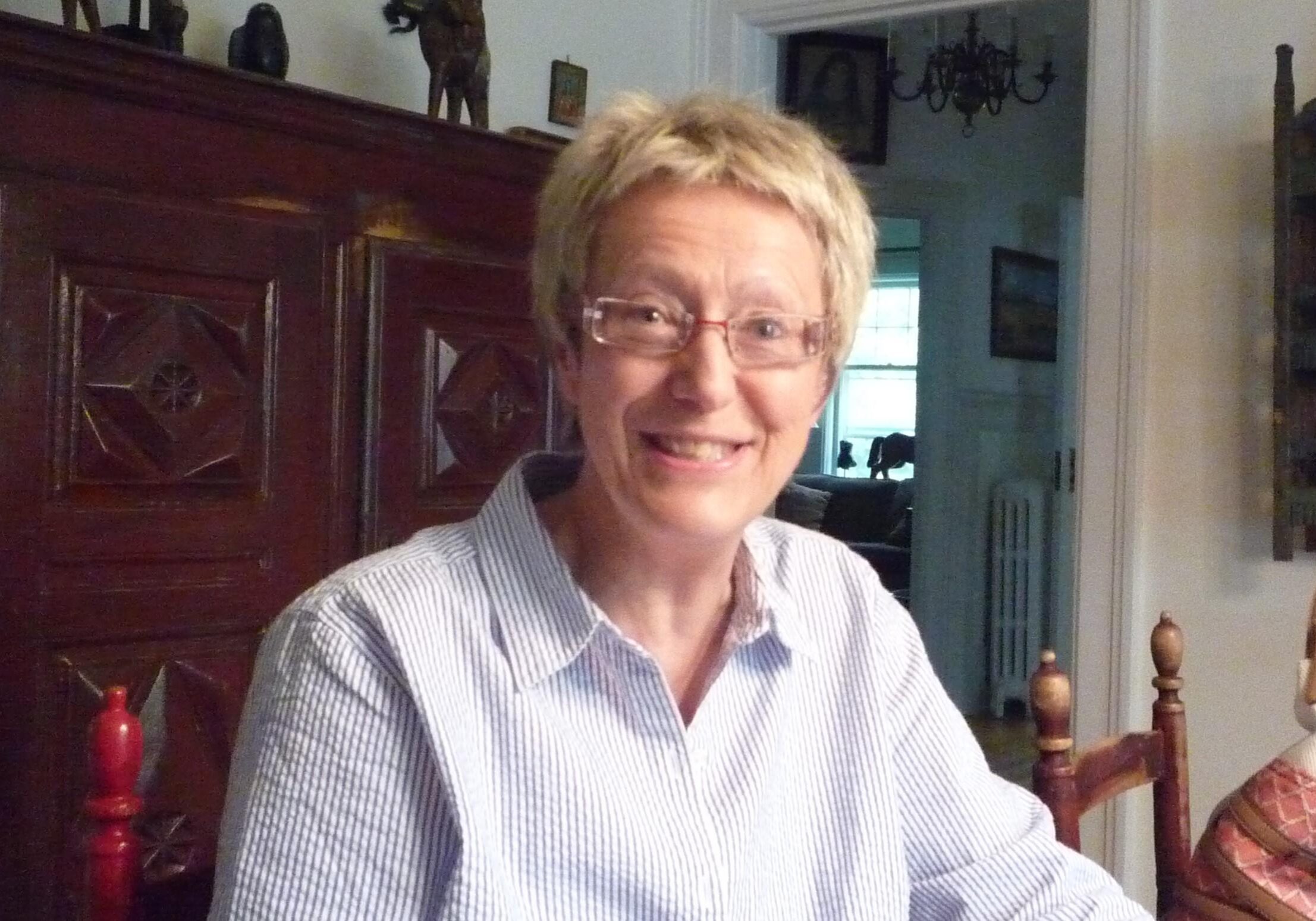
Sandi Mieltiz
Vice President of Grain Marketing: Canadian National Railway
Sandi Mielitz started working with the Canadian National Railway in its Public Relations department. She learned all about the grain industry through writing speeches, needing to stay up to date on grain-related transportation issues like the Crow Rate, rolling stock shortages, rail line rationalization, and country elevator consolidation. As Sandi moved up to vice president positions in different departments, she continued to interact with these and other issues and the debates surrounding them. Sandi describes her involvement in both the expansion and reduction of the business, and she expresses the difficult position she was in to downsize staff across the country. Sandi experienced some of the industry's biggest changes, and her perspective from an executive position offers an in-depth look at the decision-making behind those changes.
Snippet
Full Interview

Gordon Miles
Chief Operating Officer: Canadian Grain Commission
Gordon Miles worked for numerous companies in a variety of roles over his long career in the Canadian grain industry. He started as Cargill's manager of special crops marketing, where he learned about the complexities of the Canadian and international grain trade. He moved to Grain Transportation Agency and worked in senior railcar allocation positions before moving to Manitoba Pool Elevators as general manager of services and development. In the rest of his career, Gordon was executive vice president of corporate affairs for the Wheat Board and finally COO for the CGC. Gordon's experiences in this variety of fields and his daily interactions with a majority of organizations in the industry gives him a unique perspective on some of the industry's major events and changes.
Snippet
Full Interview

Lynda Mitton
Secretary: Richardson International
When Lynda Mitton got the call that help was needed at Richardson Elevator, she thought the call was a joke. Rather than doing the manual labour she associated with the elevators, Lynda was hired as a student secretary in Ricahrdson's office. In the office, Lynda was responsible for recording daily railcar inventories by hand. Lynda also discusses the gender make-up of the office staff, the dusty conditions in the elevators, and her brother's and father's work in the elevators for UGG.
Snippet
Full Interview
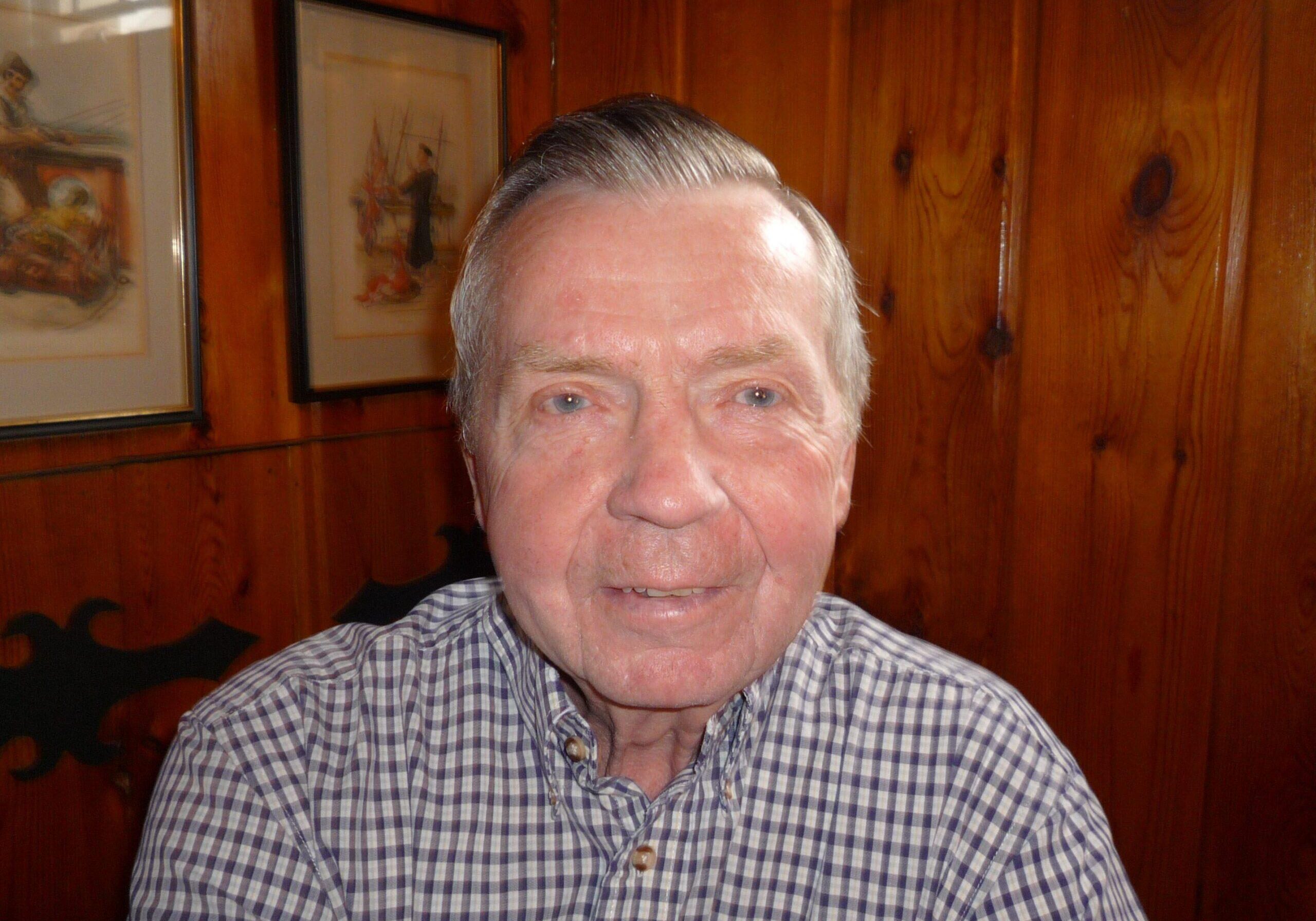
Tal Morgan
Grain Inspector: Canadian Grain Commission
Tal Morgan worked as a grain inspector for the Canadian Grain Commission for 38 years. Tal started in what was then known as the Thunder Bay Grain Exchange Building in the CGC's sample room, dealing with the inventory of all daily samples taken at all elevators across the waterfront. Tal then moved into working at the terminals, first primarily overseeing ship loading and then becoming a supervising inspector. Tal's stories express his pride in representing Canadian farmers and upholding the standards that gave Canada an international reputation for quality, and he also shares his fears of recent debates about getting rid of the CGC.
Snippet
Full Interview
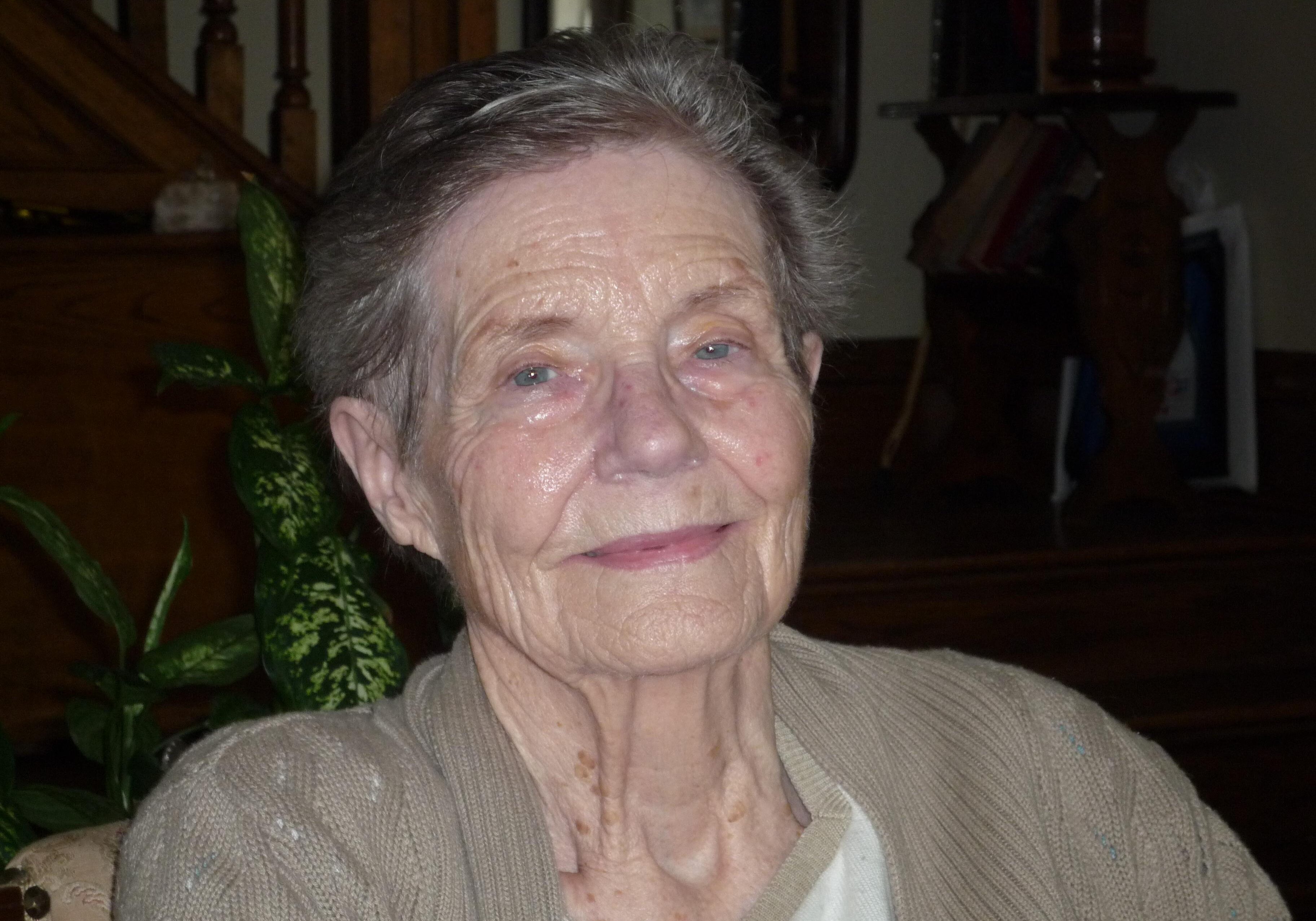
Jean Morrison
Author, Historian
Jean Morrison is a Canadian Historian who wrote the book Labour Pains: Thunder Bay’s Working Class in Canada’s Wheat Boom Era. She didn’t move to Thunder Bay until 1966, as she was studying the history of the Finnish people in Canada, which led her to this city and the grain industry in which they were heavily involved. Jean heavily discusses the racial divide in Thunder Bay's industries, explaining what jobs certain nationalities would get, how they were viewed and treated, and what individual struggles each nationality would suffer.
Snippet
Full Interview
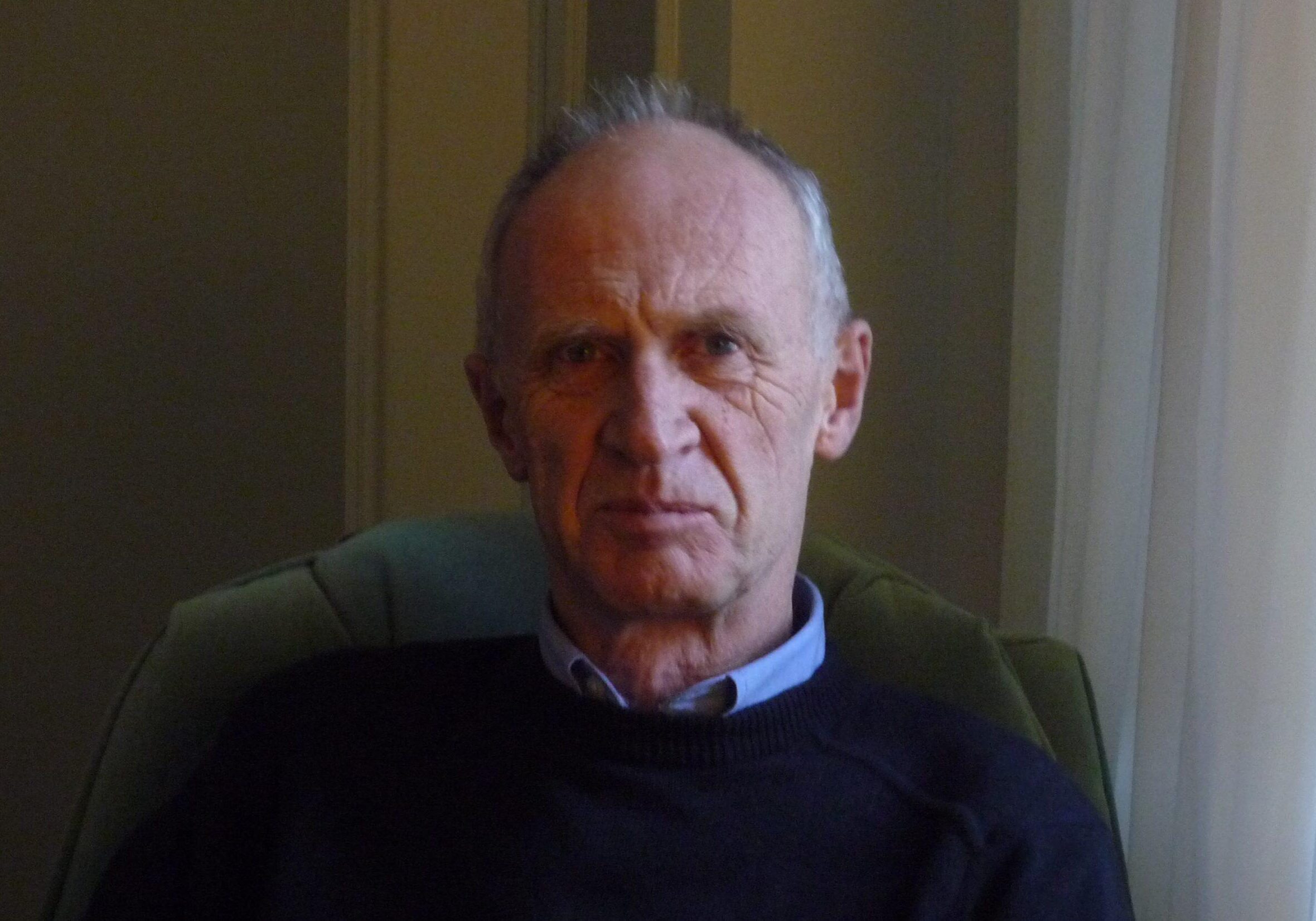
John Morriss
Associate Publisher and Editing Director: Farm Business Communications, Manitoba Co-Operator
John Morriss's career in journalism brought him into contact with most - if not all - of the significant events in the grain industry over the decades. In his first interview, John surveys his career from driving the Canola Council's display bus to starting his own publication with other original Manitoba Co-Operator employees after company mergers led to staff downsizing. John explains the key grain issues of his career in detail, as well as their impact on farmers. He also tells stories of memorable characters he found himself interacting with when covering grain stories.
In his second interview, John talks more about changes int he publishing industry, like his fears the farmers no longer have good access to unbiased industry information, or are even are willing to participate in discussion or debates with fellows in the industry. John also substantially deals with the important change that occurred since his previous interview: the demise of the Canadian Wheat Board and its impacts.
Snippet
Full Interview
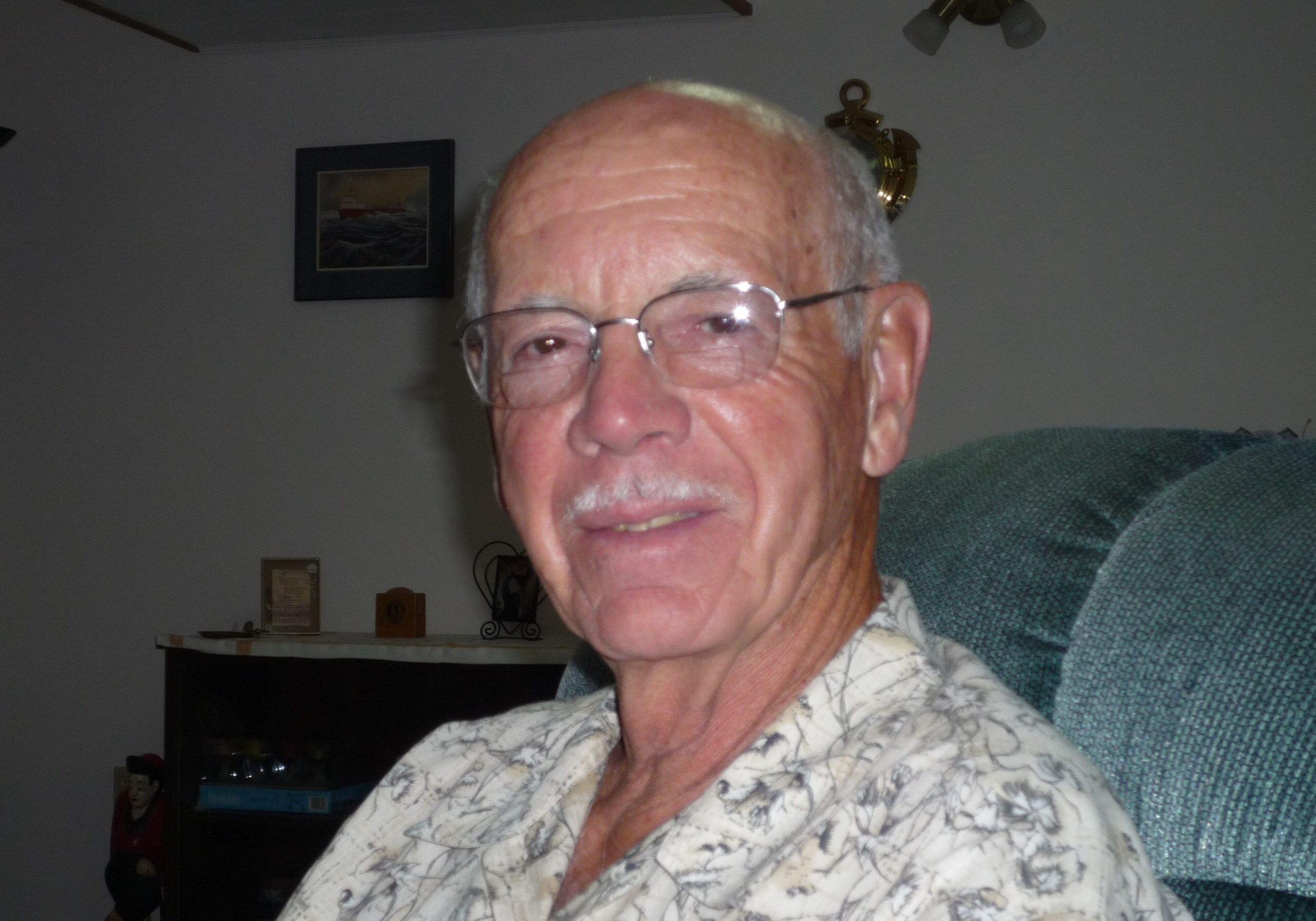
Dan O'Connor
General Manager: Lake Shippers Clearance Association
Dan O'Connor worked his way up from ledger keeper to General Manager of Lake Shippers Clearance Association, starting in the organization at 15 years of age. Lake Shippers had the critical role of coordinating all ship movements in port, aligning them with the appropriate grain stocks at the different terminal elevators in the era when ships would visit multiple elevators to complete their orders. Dan takes the listener on a tour of the waterfront, sharing stories of the ease and difficulties of loading ships at the various elevators. Dan stayed informed of the grain industry after his retirement, and he comments on the shift in grain movement to the west and the LSCA's imminent closure at the time of the interview.
Snippet
Full Interview
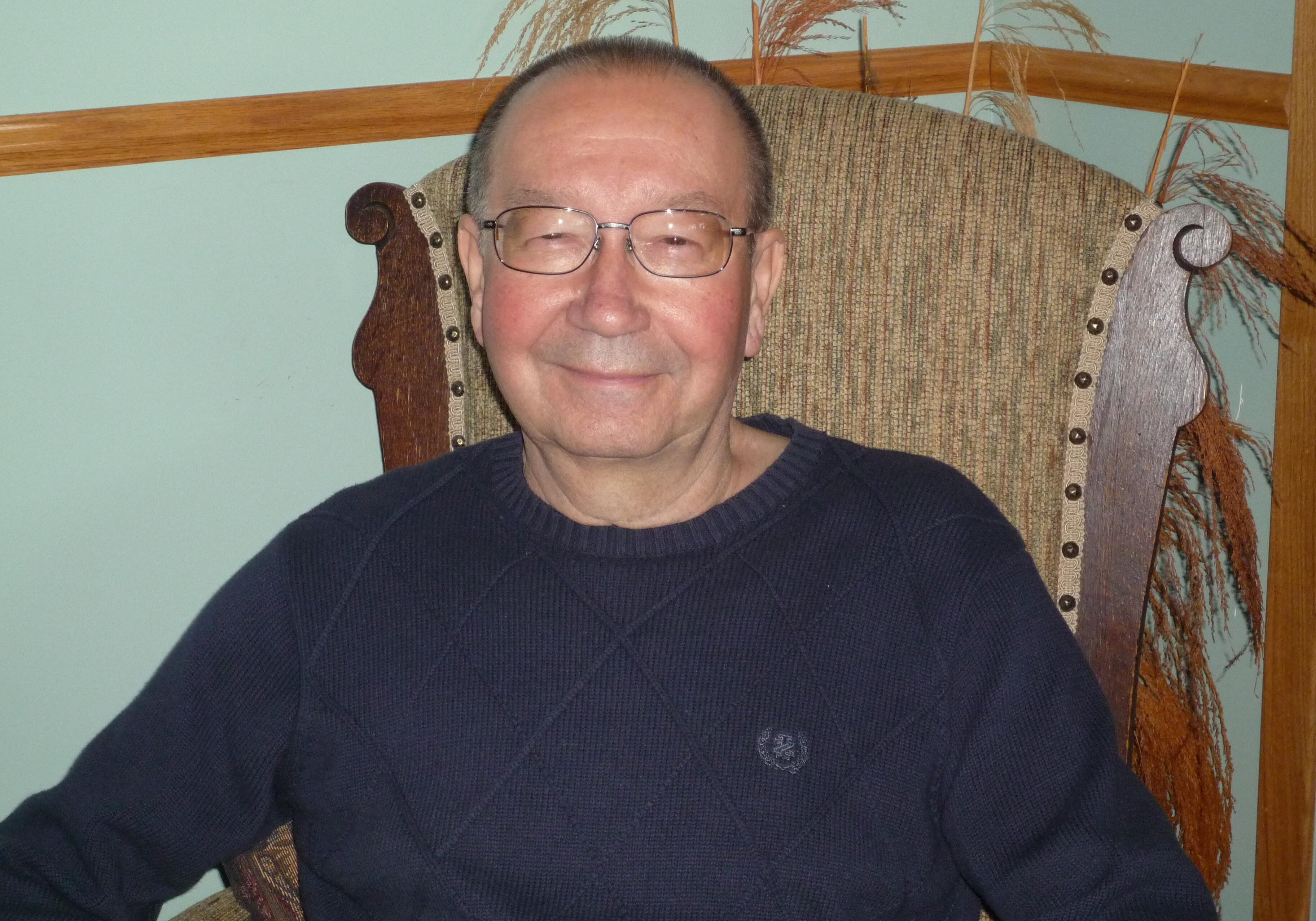
Ron Oikonen
Grain Clerk, Accountant: Saskatchewan Wheat Pool
Ron Oikonen worked for Saskatchewan Wheat Pool from 1961 to 1997. He started as a grain clerk and ended as a grain accountant. He discusses the changes in the elevators when the ownership and name changed from SWP to Viterra. Ron speaks to various other changes as well, such as the change in metric used for grain, automation, and market shifts. He also describes the relationship between the railroad and the elevators.
Snippet
Full Interview

Jim Oleksuk
Grain Farmer
Jim Oleksuk is a life-long farmer who grew up on the family farm in Manitoba and eventually took it over as an adult. Jim recalls his family's experiences farming through the Depression and the war years, from the "horse era" to rural electrification and the era of the tractor and combine. He describes some of the unique struggles of Prairie farms in terms of soils, weather, and drainage, but their ethic of perseverance and cooperation. Alongside and after his grain farming career, Jim also picked up repairing historical farm equipment as a hobby.
Snippet
Full Interview
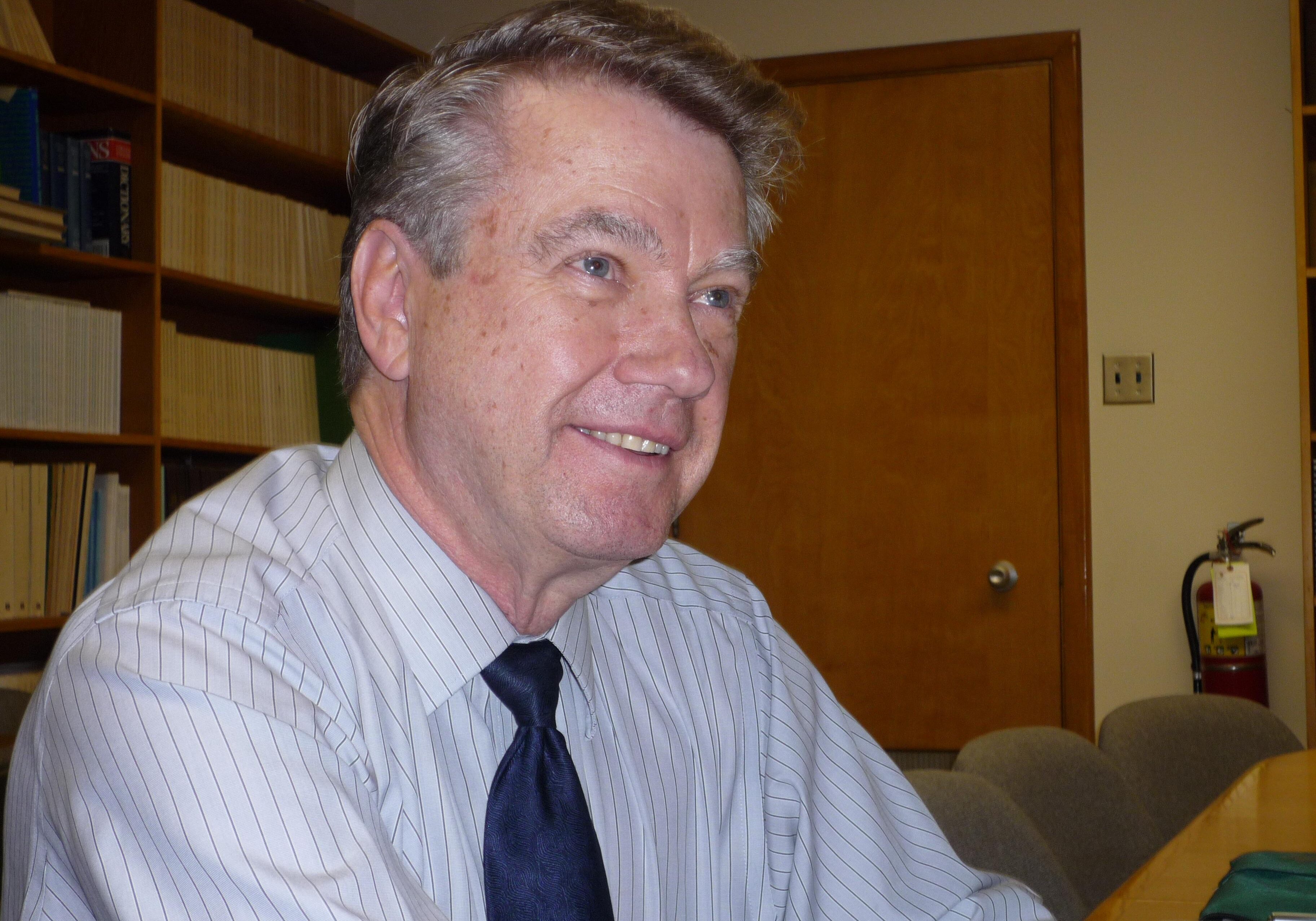
Brian Oleson
Grain Analyst: Canadian Wheat Board
Brian Oleson studied mathematics and economics in university before starting a job at the Canadian Wheat Board as a grain analyst in 1970. He speaks to the massive economic boom of the “great Russian grain robbery,” and the ethanol driven boom of recent years. Brian is extremely knowledgeable on foreign grain economies and Canada’s role in them. He also speaks to Canada’s wheat quality, and what has been and what needs to be done to maintain it. Another topic is the fall of the CWB. Overall, Dr. Oleson has a great deal to say about the grain industry and provides a very nuanced perspective.